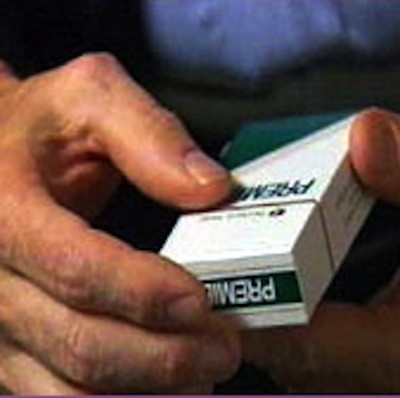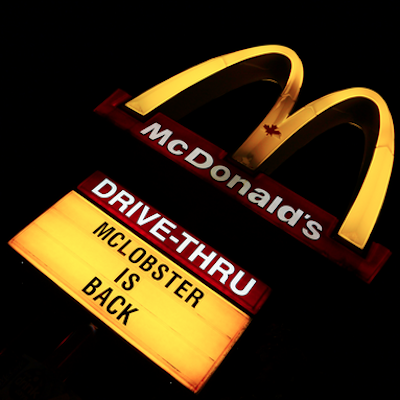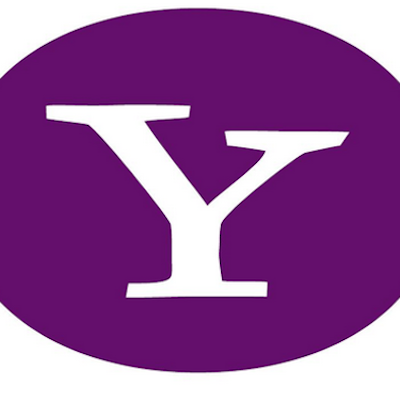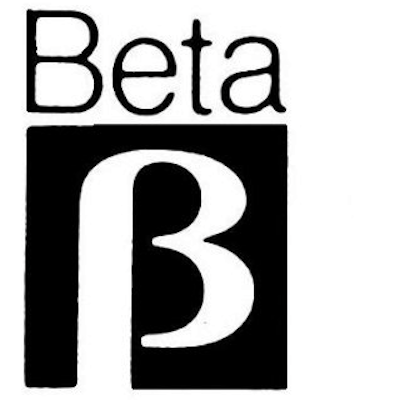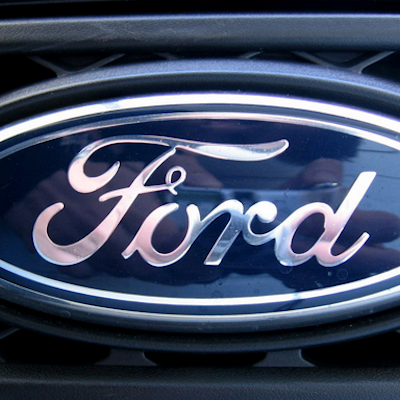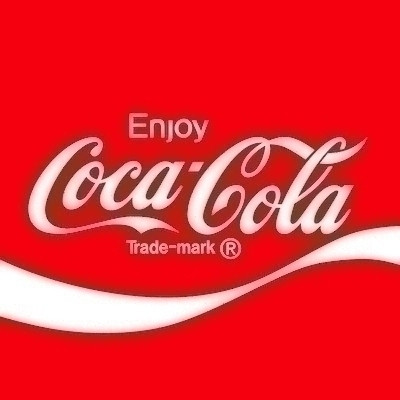Russell Moore: CVS’s Freedom of Choice
Monday, February 10, 2014
You may personally like the CVS decision to discontinue tobacco sales, but don't think for one second that your well being had anything to do with it, believes Russell Moore.
So I was shocked that more people didn't see through CVS’s public relations gimmick last week when the Rhode Island based retail giant CVS announced that the company’s stores will no longer sell cigarettes to its customers beginning later this year.
"Put simply, the sale of tobacco products is inconsistent with our purpose," said Larry Merlo, the CEO of CVS.
GET THE LATEST BREAKING NEWS HERE -- SIGN UP FOR GOLOCAL FREE DAILY EBLASTNot The Peace Corps
CVS's purpose is to make money. And their executives are primarily, if not exclusively, concerned with driving up the company’s profits in order to increase the stock price for their shareholders. That’s the name of the game. CVS is not The Peace Corps.
So by announcing that the company was discontinuing its cigarette sales, it’s clear that the company did a mathematical calculation of the losses in revenue—reportedly $2 billion—due to ceasing cigarette sales, compared to the increased sales of whatever they’ll be replaced with, plus the free advertising due to the public relations win, and decided cigarettes should be phased out.
Remember: $2 billion in sales doesn't equal $2 billion in profits. And a 2013 report in Bloomberg Businessweek says that cigarette margins, due to high taxes and competition from smoke shops on Indian reservations, have been declining for years.It also notes that increasing cigarette taxes have hurt sales.
(As an aside, it's interesting to note that politicians will increase so-called “sin” taxes to try and discourage certain behaviors—like gambling and smoking, fully admitting that they believe the higher taxes discourage the behavior. That logic, once and for all, proves high taxes discourage behavior and low taxes encourage behavior. That makes a great argument for abolishing the income tax to encourage work and production.)
Does anyone think the CVS would discontinue cigarette sales if the company were making huge margins off of it? Anyone who believes that is the type of person who actually believed Obamacare wouldn't force anyone to lose their existing health care plan. In other words, they’d have to be someone who believes in economic fairy tales.
Pharmacy Freedom of Choice
Regardless of their decision, CVS is wholly entitled to sell, or not sell, whatever products they deem worthy of their stores. They have every responsibility to do what’s best for their shareholders—and perhaps not selling cigarettes fulfills that objective.
It’s amusing, however, that no one has found it ironic to see a company that had four of their executives indicted for paying off a state senator in 2007 get all of this praise for being a great corporate citizen for stopping the sales of a legal product. This is the company that fought like Spartan warriors to prevent Blue Cross Blue Shield RI members from buying their pharmaceuticals from places like Walgreens and other pharmacy stores.
Politico Loving
With that in mind, it was interesting to note all the praise that was heaped on the company from the likes of Governor Lincoln Chafee, Providence Mayor Angel Taveras, and US Senator Jack Reed. In all instances, the politicos disingenuously passed off the CVS announcement as based on good corporate citizenship or putting profits before people or something Pollyanna like that. They know better.
If politicians like Chafee, Taveras, and Reed really believe that entities should put public health ahead of revenue, as they believe CVS is doing, then they have the perfect opportunity to lead by example. The three of them should support legislation that would ban smoking at Twin River and Newport Grand.
The state banned smoking at bars and restaurants and most all other public establishments a decade ago. But they carved out exemptions for the two gaming establishments because the state relied, even back then, heavily on gaming.
As someone who enjoys the simulcast gaming on the ponies, I've walked through Twin River in the evening and smokers abound. And why wouldn't they? It’s the one place where their business is welcomed by law. There’s nothing like a competitive advantage via monopoly.
Twin River smoking ban?
If entities shouldn't be profiting from smoking—that means Twin River and Newport Grand should ban smoking at those facilities—or have the state take care of that problem for them. Excuse me if I’m not holding my breath waiting for consistency from these guys.
For the record, I don’t think we should ban smoking at Twin River, as I’m a huge proponent of the sin economy due to the revenues we reap from it. But then again, I’m not the one applauding CVS for what I’m certain was a business decision made entirely from self-interest either.
You may personally like the CVS decision to discontinue tobacco sales, but don't think for one second that your well being had anything to do with it. It was a decision made in the best interest of CVS stockholder's well being.
A native Rhode Islander, Russell J. Moore is a graduate of Providence College and St. Raphael Academy. He worked as a news reporter for 7 years (2004-2010), 5 of which with The Warwick Beacon, focusing on government. He continues to keep a close eye on the inner workings of Rhode Islands state and local governments.
Related Slideshow: 10 Historically Bold Moves Made By Big Companies
Related Articles
- Russell Moore: DePetro: Stay or Go, It’s About the Dough
- Russell Moore: Don’t Burn Books, Providence College
- Russell Moore: Don’t Gut Pension Reform
- Russell Moore: Election 2014: It’s the Economy, Stupid
- Russell Moore: Are Student Loans The New Indentured Servitude?
- Russell Moore: Fung’s Fight
- Russell Moore: Chafee Should Pursue Bold Economic Reforms
- Russell Moore: Gambling is an Economic Development
- Russell Moore: Christie, Taveras and Fung—Politicians Gone Wild
- Russell Moore: Colleges Are The Culprit In Student Loan Debacle




